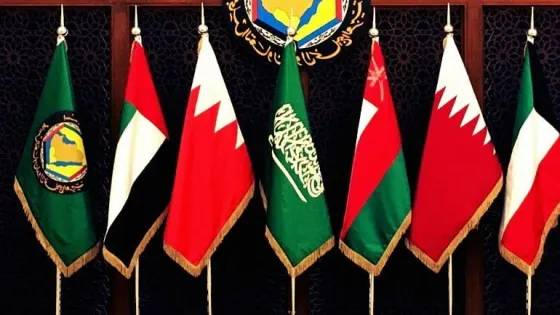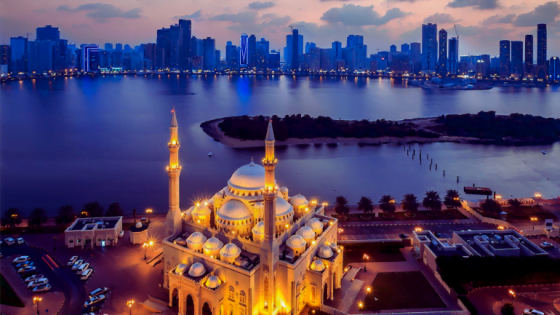Contents
Because of the economic development and civilizational prosperity witnessed by the United Arab Emirates in recent times, it has become a focus of attraction for tourists to enjoy and entertain, visitors to discover the city and its attractions, and professional workers to work in companies, restaurants and hotels. Therefore, many types of visas were issued to the Emirates, including the transit visa, the medical visa, employment visa to Dubai, business visa and the mission visa. abu dhabi mission visa or UAE mission visa is a type of visa that enables individuals to visit the UAE for working purposes.
The following article devotes information to us about the mission visa due to its popularity and the increasing demand for it. So what is UAE mission visa? What are the documents required to obtain it?
What is the UAE mission visa?
The UAE mission visa is a type of the permit that allows professionals to come to the UAE for the purpose of working with a specific company for a short period. This temporary work mission visa is used by many due to the increase in the demand for a job opportunity in the Emirates, and the worker who enters through this visa is considered a probationary worker for the company in which he obtained the opportunity to work Either testing or a project based mission. Most workers are from India, so mission visas are Indian missions.
Validity of UAE mission visa
It’s important to know how to check UAE mission visa validity. Mission visas are valid for 3 months continuously in the UAE, approximately 90 days, and only one entry is considered to the UAE, meaning the visa holder is not entitled to exit within 90 days. In the event of his exit, the visa is automatically canceled and considered a cancelled visa. Then he must apply for a new UAE visa from the UAE ministry if he wants to enter again.
Read also: “UAE visa for doctors:don’t miss the useful information about it’s conditions, requirements, and total cost“
Mission visa Application process in UAE

The applicant can apply for a mission visa from outside the country, and in the event that the validity term of his mission expires, he must leave immediately, and he can apply for a second mission visa if he wants to work again when his labor card expires.
The process of applying for a mission visa takes a period of 3 weeks from the moment of submitting the visa applications until receiving the mission visa, entry permit and labour may apply for mission visas in the United Arab Emirates.
Process for a UAE mission visa step by step
There are 9 steps to be taken to get the task visa. We begin with the following:
- Apply for a project based mission visa.
- Apply for an employee job assignment.
- The application is signed by the responsible employee.
- Once the mission permit is approved.
- An application for an entry permit must be submitted.
- Upon approval of the entry visa and securing coverage, entry into the United Arab Emirates can be made on the entry visa.
- The applicant must obtain a copy of the mission visa stamped and share it with the employer.
- After that, the employment contract must be prepared, signed, and then approved.
- Issuing the employment contract and the private labor card and finally UAE mission visa is issued.
In the mission visa UAE, there is no need for employers to provide mission visa UAE health insurance, and this differs from any other type of visa, due to the issuance of the mission visa and work permit by the Ministry of Labour at the same time.
You maybe intrested in: “UAE visa on arrival, important information about its requirements, eligible countries, and total cost“
Requirements to have a mission visa
There are some requirements to obtain approval for a mission and travel visa to the United Arab Emirates, including:
- Original passports (clear and colored copy).
- Passport sized photograph.
- Completed personal details documents.
- National ID card.
- Copy of highest educational certificate.
Can I apply for a residence visa in case my mission visa has expired?
A UAE mission visa holder cannot apply for a residence visa as long as their mission visa is still valid or before the expiry of the 90-day period of validity of the visa. And in order for him to be able to apply for a residence visa, he must leave the country, then the mission visa becomes canceled.
mission visa extension UAE
According to the new rules for visas in the United Arab Emirates for the year 2023, it is no longer possible to extend the visit visa from within the UAE, as it is only possible to extend the mission visa only upon exit and applying for a new visa to enter the UAE.
How can I get UAE mission visa?
What is needed to apply for a UAE one-mission visa?
Company’s trade license copy.
Photograph of applicant.
Passport (original passport has to be submitted for the medical test)
Educational certificate.
Valid establishment card (company or employer)
e-signature card.
What is the grace period for mission visa in UAE?
For UAE mission visa UAE residents are granted longer flexible grace periods that reach up to 6 months to stay in the country after the residence permit is cancelled or expired.
What is UAE residence visa for US citizens?
The UAE residence visa for US citizens is a permit that enables foreign individuals to live in this country for extended periods.
What are the new visit visa rules in UAE 2023?
UAE visit visa new rules 2023
The UAE has introduced a one-time 30-day visa extension for travellers on 90-day visit visas, allowing for extensions of up to 90 days. However, visit visa holders seeking an extension must now leave the UAE and reapply.
At the end of the article, we find that the mission visa helped attract many foreigners to work and the industrial and economic sector in the country flourished. But it’s important to consider visa services and visa fees before applying.













